Home>Renovation & DIY>Tools & Equipment>Who Makes The Best Stud Finder
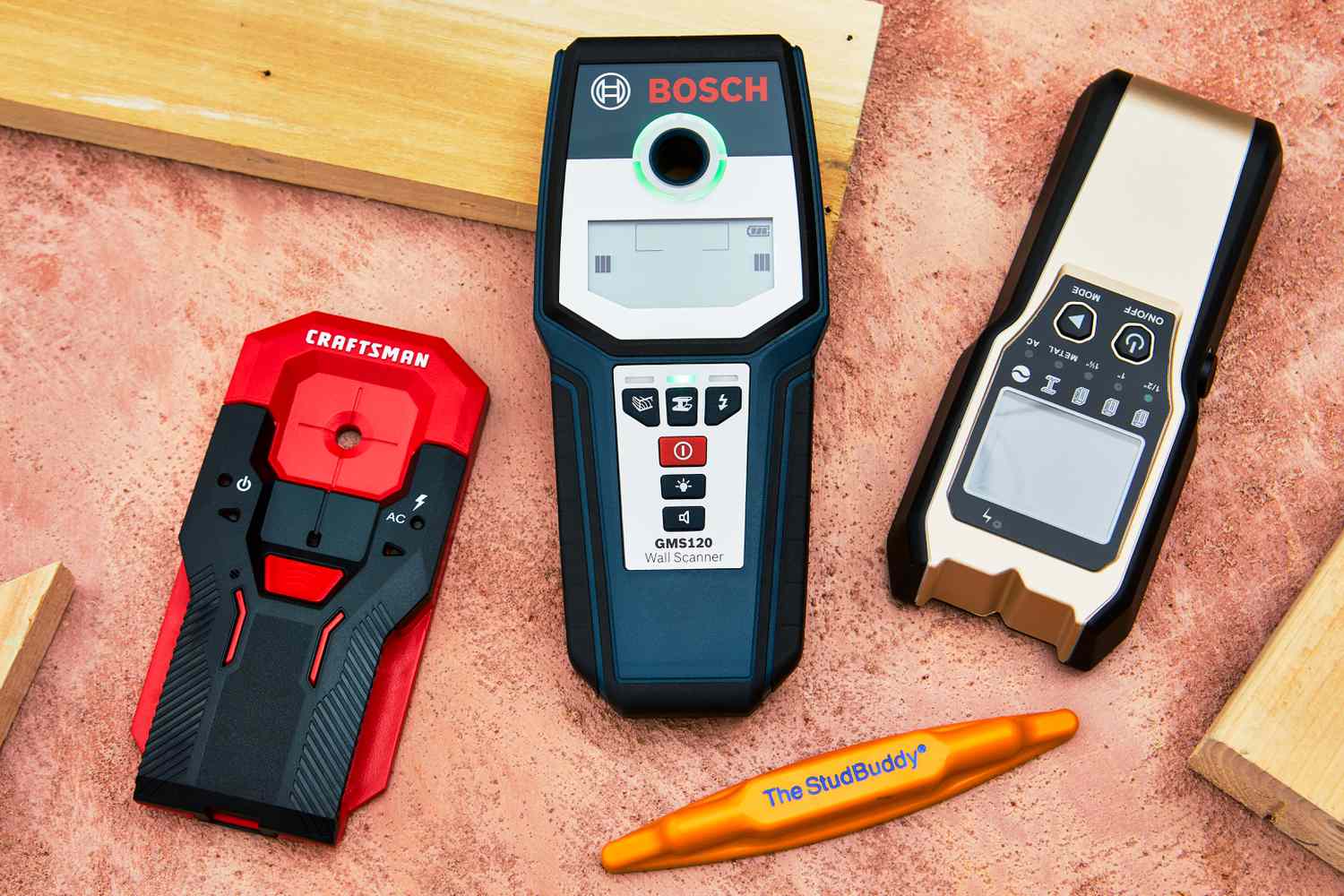

Tools & Equipment
Who Makes The Best Stud Finder
Modified: January 4, 2024
Looking for the best stud finder? Our comprehensive guide compares top tools and equipment to help you find the perfect one for your needs.
(Many of the links in this article redirect to a specific reviewed product. Your purchase of these products through affiliate links helps to generate commission for Storables.com, at no extra cost. Learn more)
Introduction
Stud finders are essential tools for anyone involved in home improvement or DIY projects. Whether you're hanging a heavy picture frame, installing shelves, or mounting a TV, a reliable stud finder can make the task much easier and ensure that your fixtures are securely anchored to the wall. But with a wide range of stud finders available on the market, it can be challenging to determine which one is the best fit for your needs.
In this article, we'll delve into the world of stud finders, exploring the different types available, the key factors to consider when choosing one, and a comparison of the top brands in the market. By the end, you'll have a comprehensive understanding of what makes a great stud finder and which brands are leading the pack. So, let's dive in and uncover the secrets of finding the best stud finder for your next project.
Key Takeaways:
- Choose a stud finder based on your project needs, considering accuracy, depth detection, ease of use, and additional features to ensure precise and efficient wall mounting.
- Explore top stud finder brands like Zircon, Franklin Sensors, Bosch, DeWalt, and ProSensor to find the perfect fit for your specific requirements, whether it’s advanced scanning modes, deep detection capabilities, or ergonomic designs.
Read more: How To Find Stud With Stud Finder
Types of Stud Finders
Stud finders come in various types, each utilizing different technologies to detect studs behind walls. Understanding the differences between these types can help you choose the most suitable stud finder for your specific needs.
- Magnetic Stud Finders: These stud finders use magnets to locate metal fasteners or nails in the wall, which are typically attached to the studs. When the magnet detects metal, it indicates the presence of a stud. While these are simple and reliable, they may not be as accurate as electronic stud finders.
- Electronic Stud Finders: This type uses sensors to detect changes in wall density, typically caused by the presence of a stud. There are two main types of electronic stud finders: edge finders and center finders. Edge finders locate the edges of a stud, while center finders identify the center of the stud. Some advanced electronic stud finders also feature additional scanning modes for detecting live AC wires or other materials within the wall.
- Instant Stud Finders: These are the latest innovation in stud finder technology. They use advanced radar technology to provide real-time visual feedback on stud locations, making the process of finding studs quicker and more intuitive. Instant stud finders are often equipped with digital displays or smartphone connectivity for precise and user-friendly operation.
Each type of stud finder has its own strengths and limitations, so it’s important to consider the specific requirements of your projects when choosing the right type. Whether you prioritize accuracy, ease of use, or additional features like wire detection, there’s a stud finder type that’s tailored to your needs.
Factors to Consider When Choosing a Stud Finder
When selecting a stud finder, several essential factors should influence your decision to ensure that you acquire a tool that meets your specific requirements:
- Accuracy: One of the most critical factors is the accuracy of the stud finder. You want a tool that consistently and precisely locates studs, minimizing the risk of errors and ensuring the stability of your fixtures.
- Depth Detection: Consider the depth at which the stud finder can detect studs. Some models are designed for thicker walls, while others may struggle with deeper stud locations. Understanding the depth capabilities of the stud finder is crucial for successful wall mounting projects.
- Additional Features: Some stud finders come with extra functionalities, such as detecting live AC wires, metal objects, or other materials within the wall. These features can enhance the versatility of the tool and provide added safety during your projects.
- Ease of Use: A user-friendly interface and intuitive operation are essential for a smooth and efficient experience. Look for a stud finder that is easy to handle and provides clear indications of stud locations without complex calibration or setup procedures.
- Build Quality and Durability: The build quality of the stud finder affects its longevity and performance. Durable materials and robust construction ensure that the tool can withstand regular use and potential job site conditions.
- Price and Value: Assess the pricing of the stud finder in relation to its features and performance. While it’s essential to stay within your budget, prioritizing value over the initial cost can lead to a more satisfying long-term investment.
By evaluating these factors and aligning them with your specific project needs, you can confidently select a stud finder that empowers you to tackle wall mounting tasks with precision and efficiency.
Look for a stud finder with deep scanning capabilities and a built-in level for accuracy. Consider brands like Franklin Sensors, Zircon, and CH Hanson for reliable options.
Comparison of Top Stud Finder Brands
Several reputable brands offer a range of stud finders, each with its unique features and capabilities. Let’s compare some of the top brands in the market to help you make an informed decision:
- Zircon: Zircon is known for producing reliable and affordable stud finders suitable for both DIY enthusiasts and professionals. Their stud finders often feature advanced scanning modes, ergonomic designs, and intuitive displays for accurate stud detection.
- Franklin Sensors: Franklin Sensors is recognized for its high-quality stud finders equipped with innovative Multi-Sense technology. These stud finders offer deep scanning capabilities, real-time visual feedback, and enhanced accuracy, making them ideal for demanding projects.
- Bosch: Bosch stud finders are synonymous with precision and durability. Their lineup includes electronic stud finders with automatic calibration, deep detection capabilities, and ergonomic grips for comfortable operation, catering to users who prioritize reliability and performance.
- DeWalt: DeWalt’s stud finders are designed to meet the needs of professionals and DIYers seeking robust and feature-rich tools. With options that include live wire detection, automatic mapping of wall surfaces, and enhanced depth detection, DeWalt stud finders offer comprehensive solutions for various project requirements.
- ProSensor: ProSensor stud finders are acclaimed for their advanced sensor array technology, which enables the detection of multiple studs simultaneously. These stud finders provide rapid and accurate stud location feedback, reducing the time and effort required for precise wall installations.
When choosing a stud finder, it’s essential to consider the specific features, performance, and user feedback associated with each brand. By evaluating these aspects, you can identify the brand that aligns with your needs and preferences, ensuring that you invest in a reliable and effective tool for your projects.
Conclusion
Choosing the best stud finder involves considering various factors, such as the type of stud finder, its accuracy, depth detection capabilities, additional features, ease of use, build quality, and value for the price. By carefully assessing these aspects, you can make an informed decision and select a stud finder that empowers you to tackle wall mounting tasks with confidence and precision.
Furthermore, understanding the offerings of top stud finder brands, including Zircon, Franklin Sensors, Bosch, DeWalt, and ProSensor, allows you to explore a diverse range of options and find a brand that resonates with your requirements and preferences. Whether you prioritize advanced scanning modes, deep detection capabilities, or ergonomic designs, there’s a stud finder brand that can cater to your specific needs.
Ultimately, investing in a high-quality stud finder can significantly enhance the efficiency and accuracy of your projects, ensuring that your fixtures are securely anchored to the wall. Whether you’re a seasoned professional or a DIY enthusiast, having the right stud finder at your disposal can make a substantial difference in the success of your wall mounting endeavors.
So, as you embark on your next home improvement or DIY project, armed with the knowledge of stud finder types, essential considerations, and top brand comparisons, you can confidently select the best stud finder to support your endeavors and achieve outstanding results.
Frequently Asked Questions about Who Makes The Best Stud Finder
Was this page helpful?
At Storables.com, we guarantee accurate and reliable information. Our content, validated by Expert Board Contributors, is crafted following stringent Editorial Policies. We're committed to providing you with well-researched, expert-backed insights for all your informational needs.
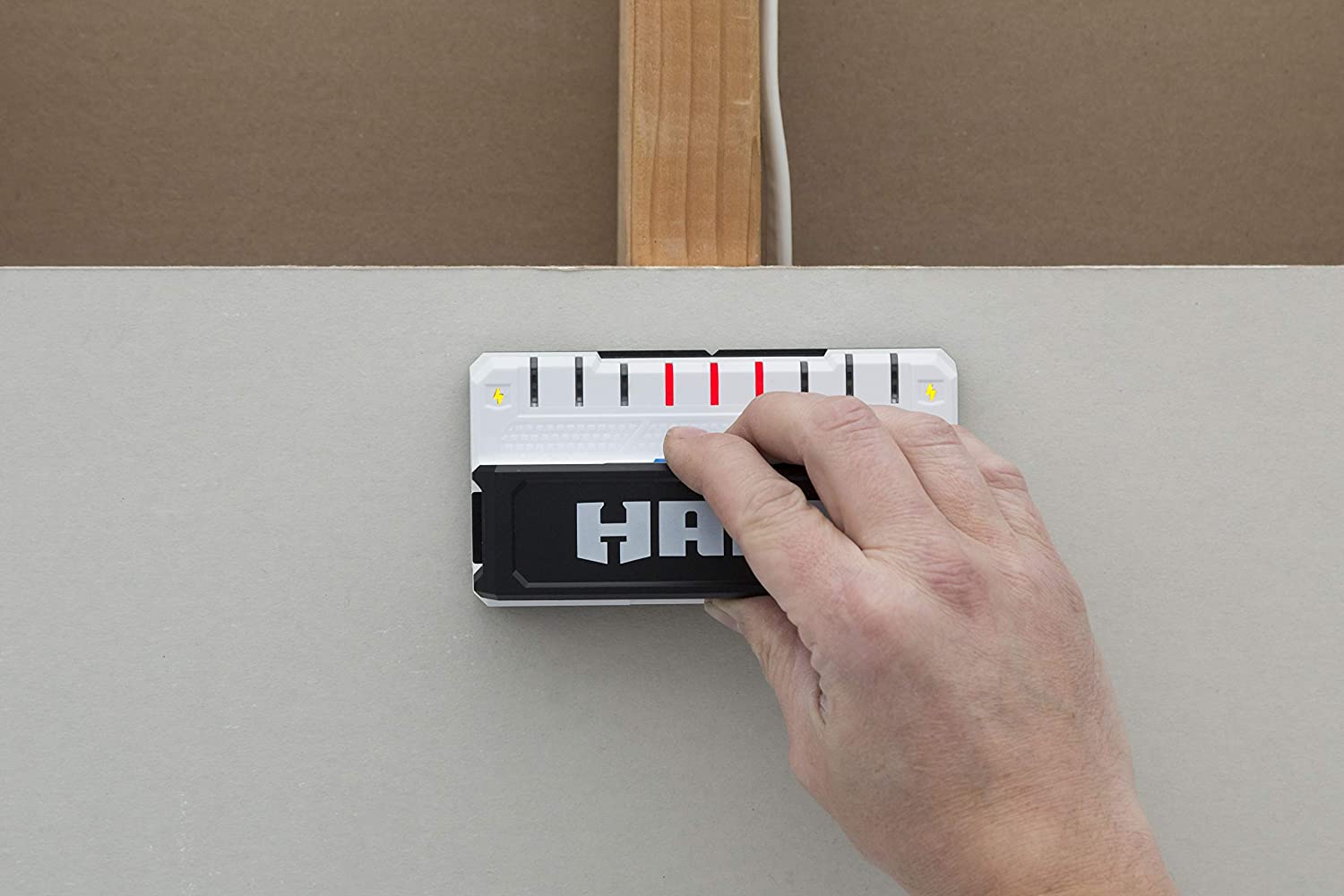
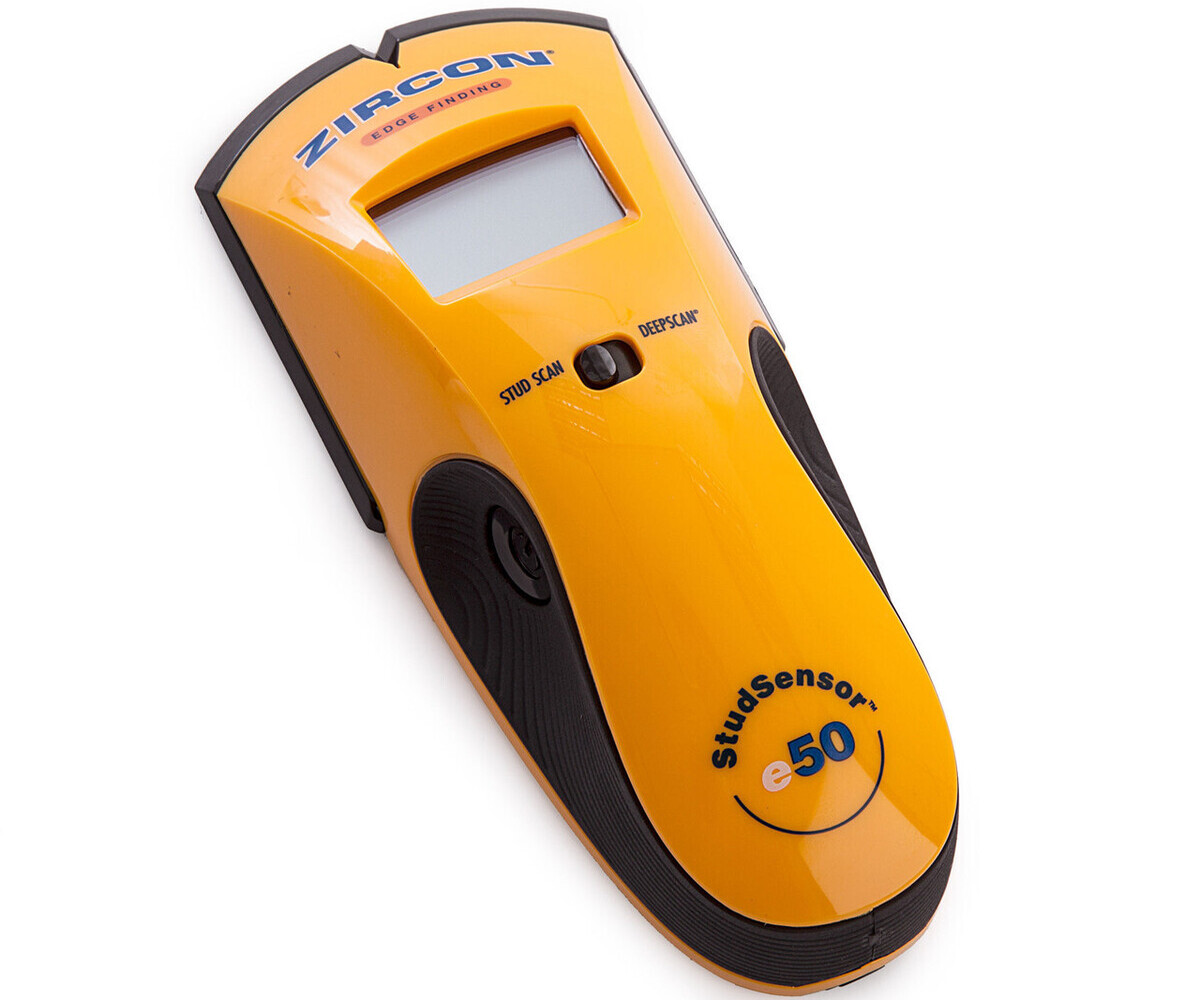
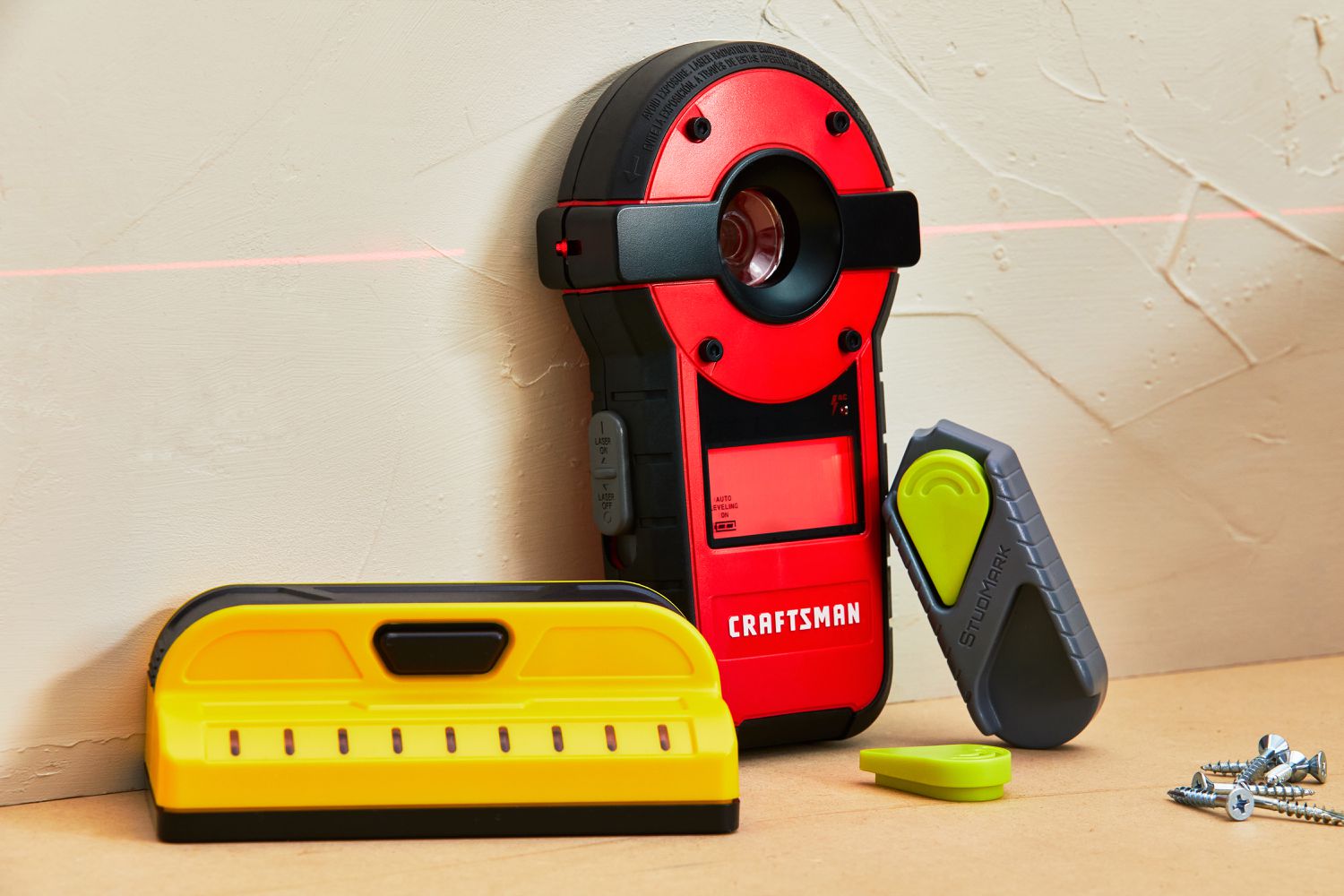
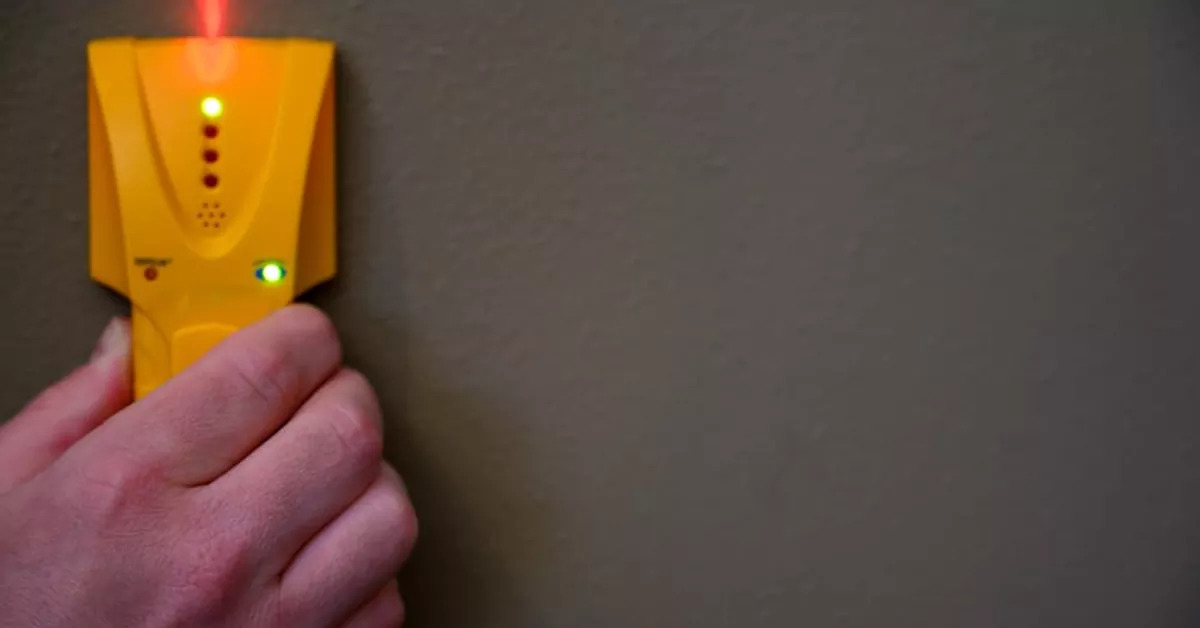
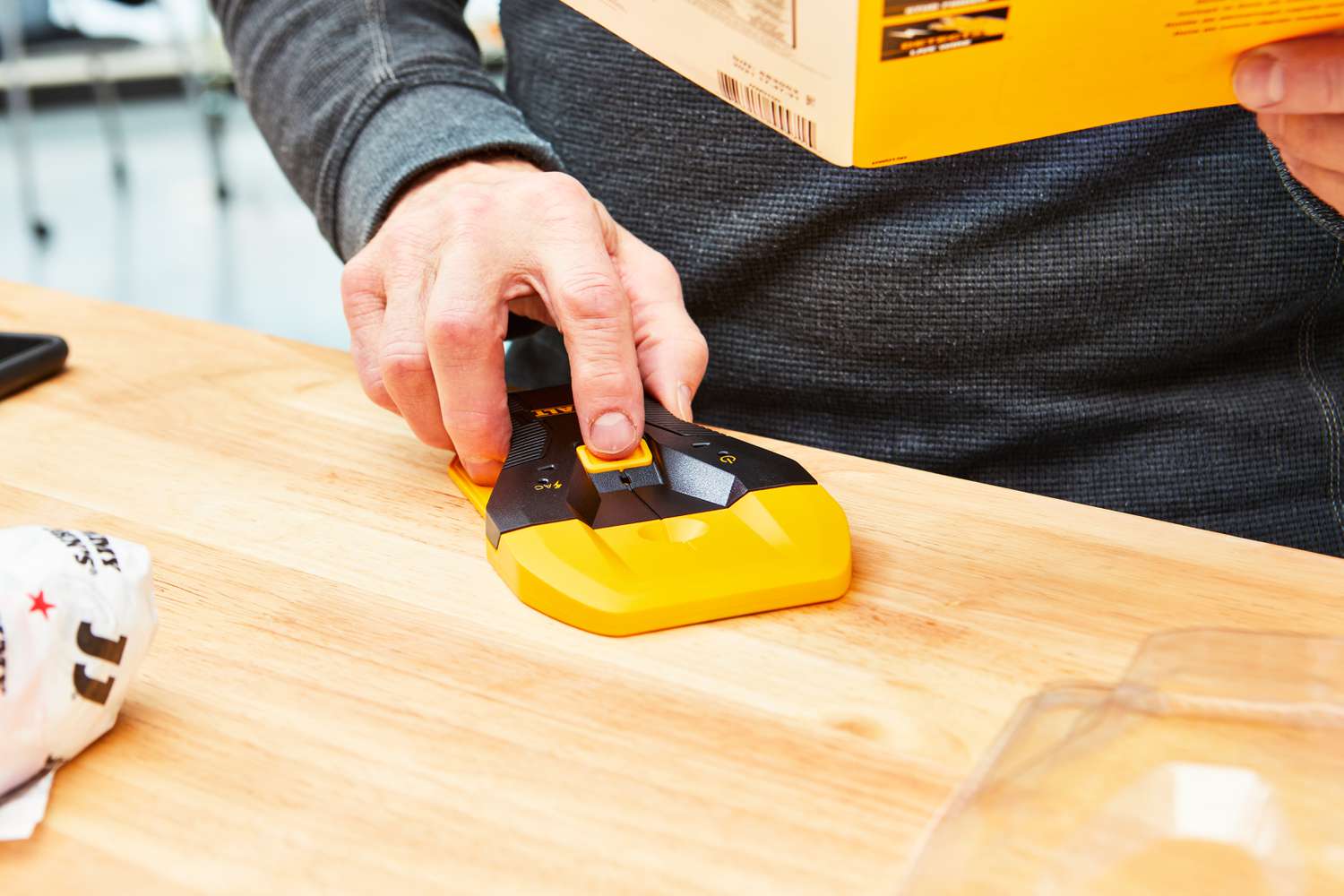

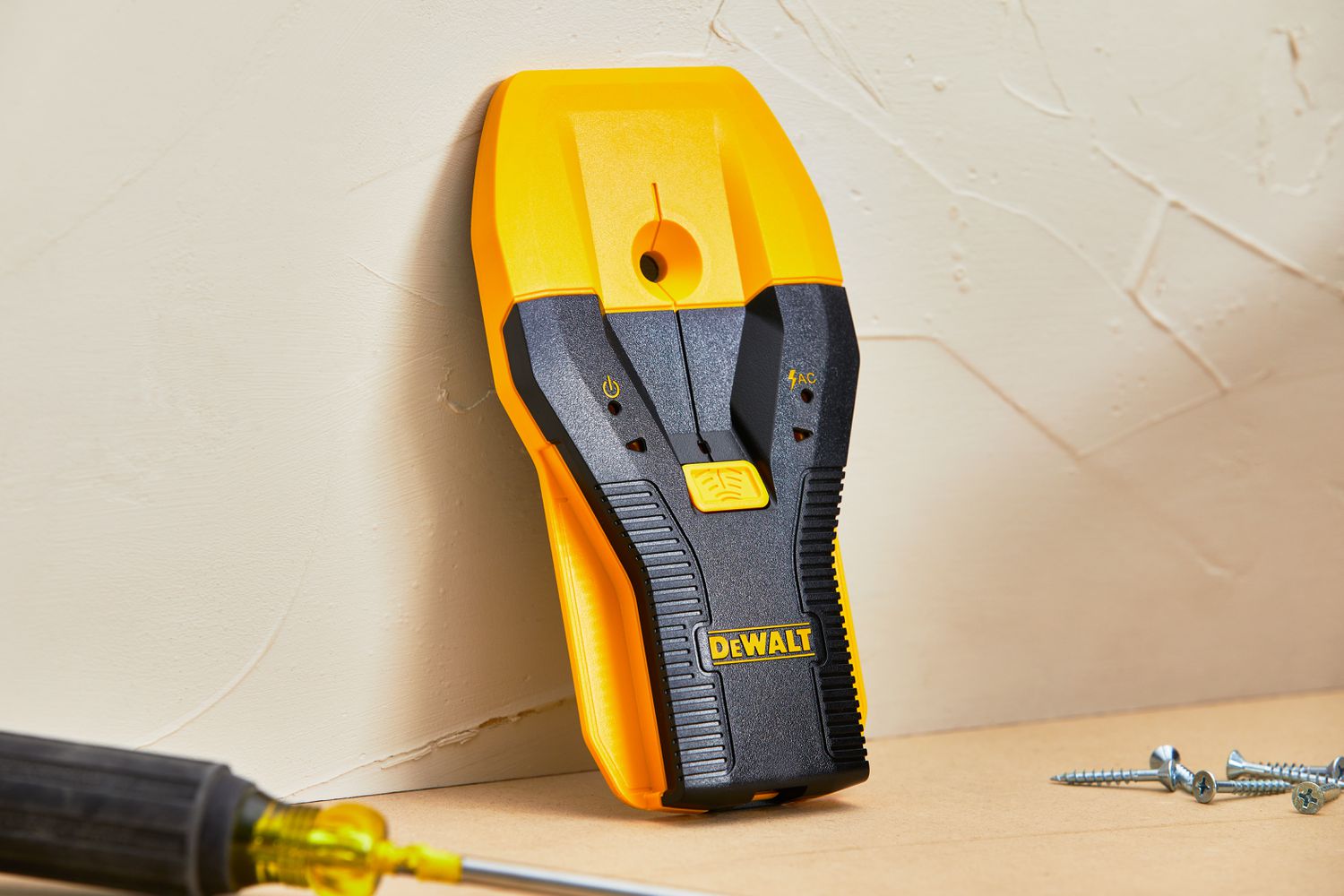
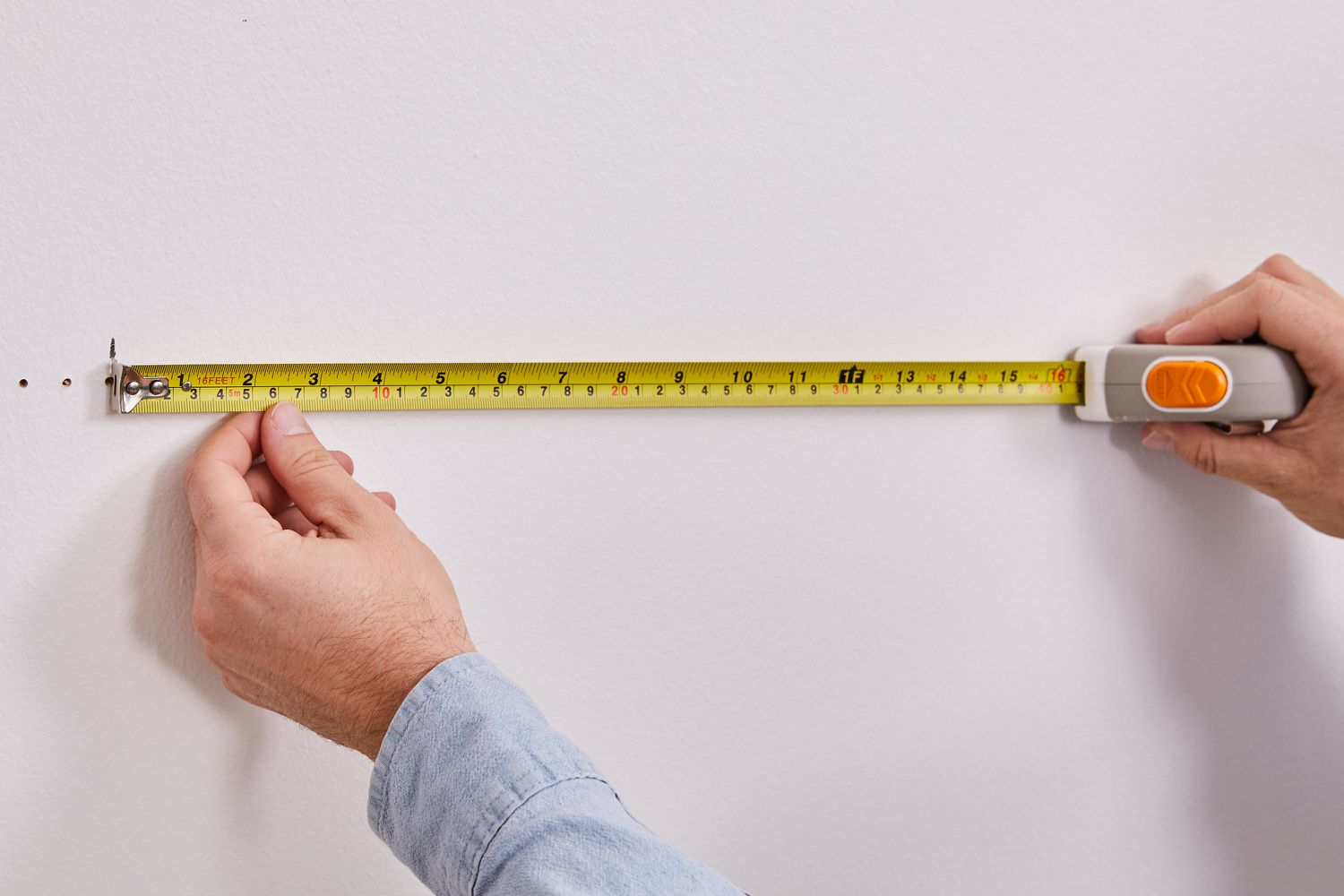
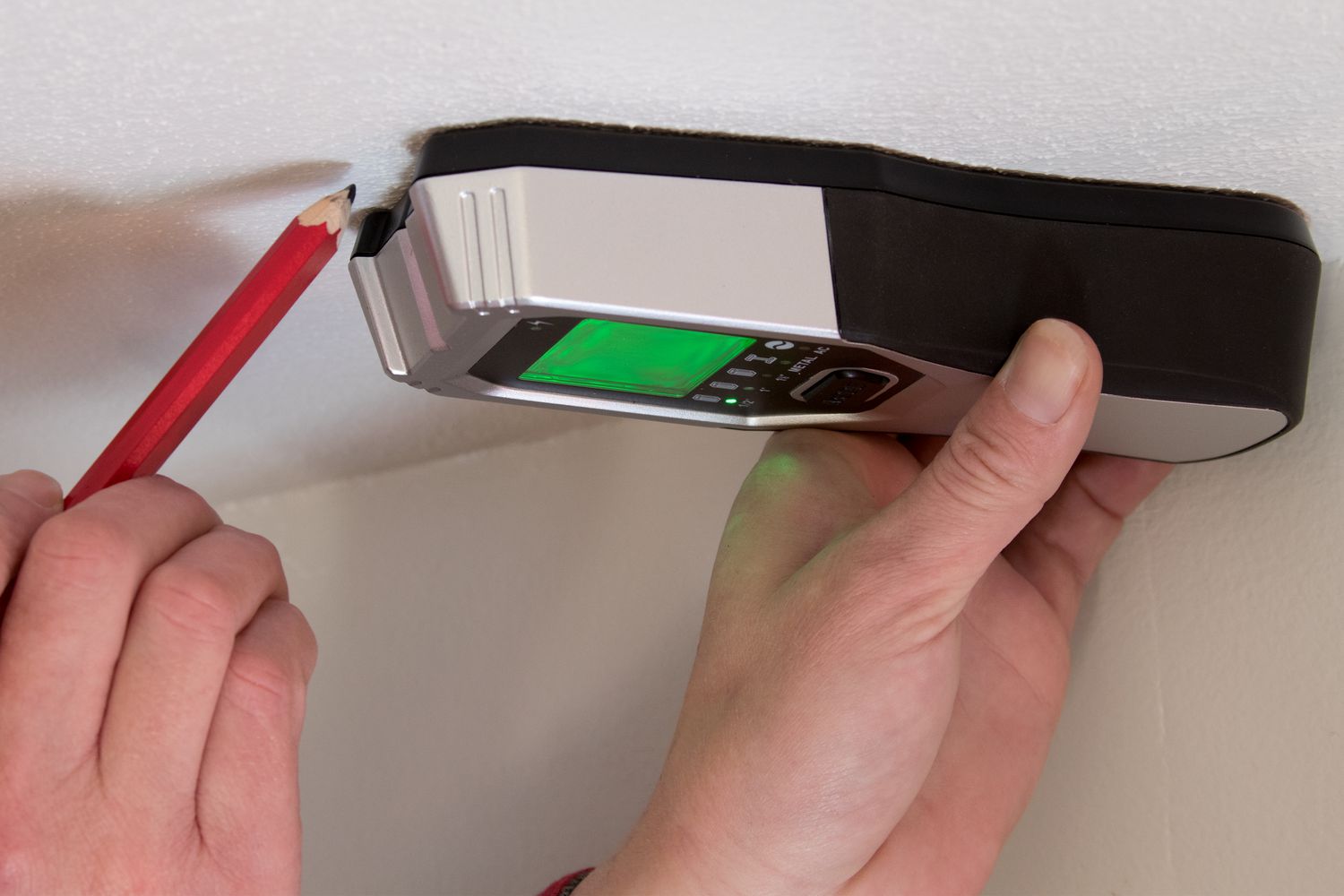
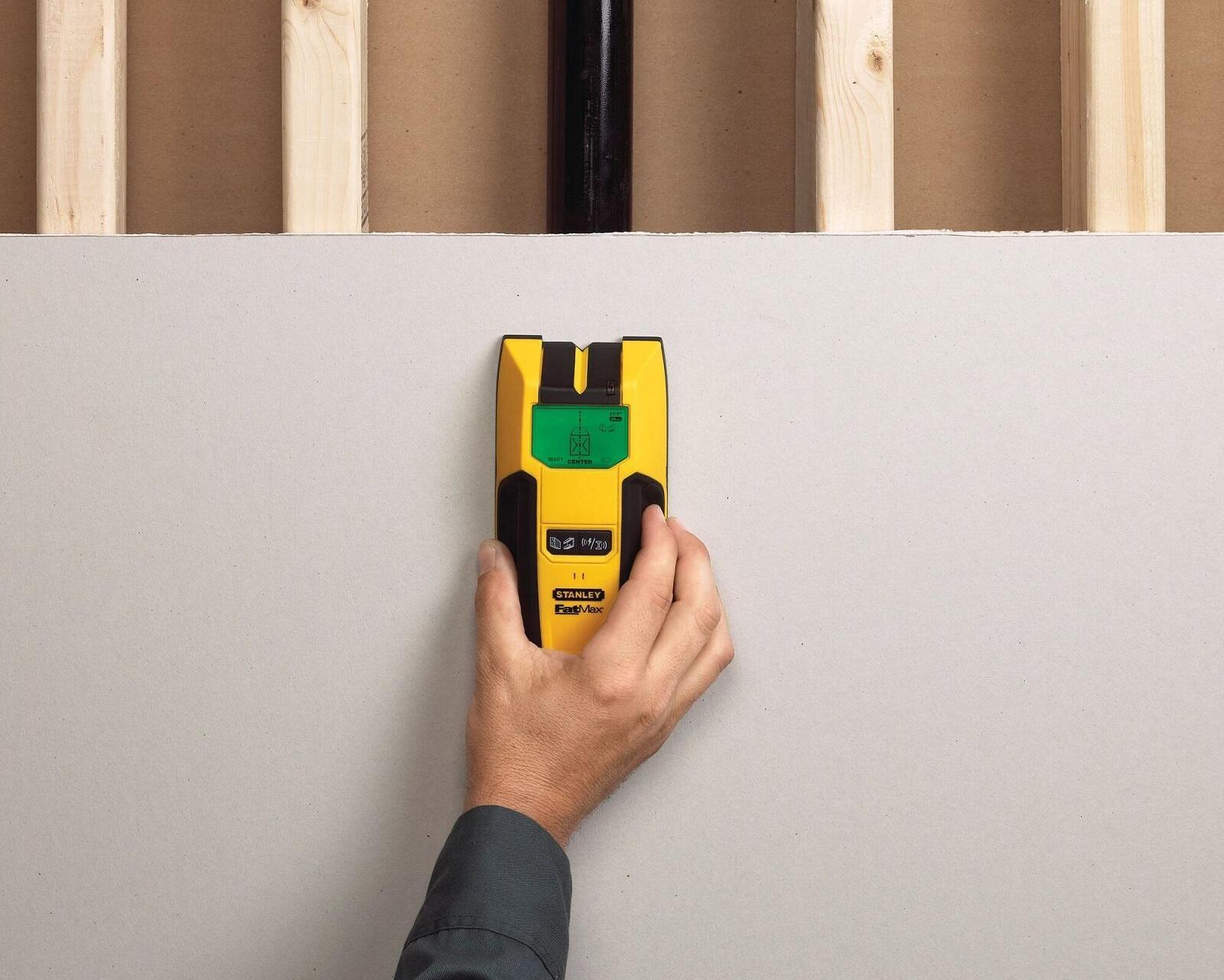
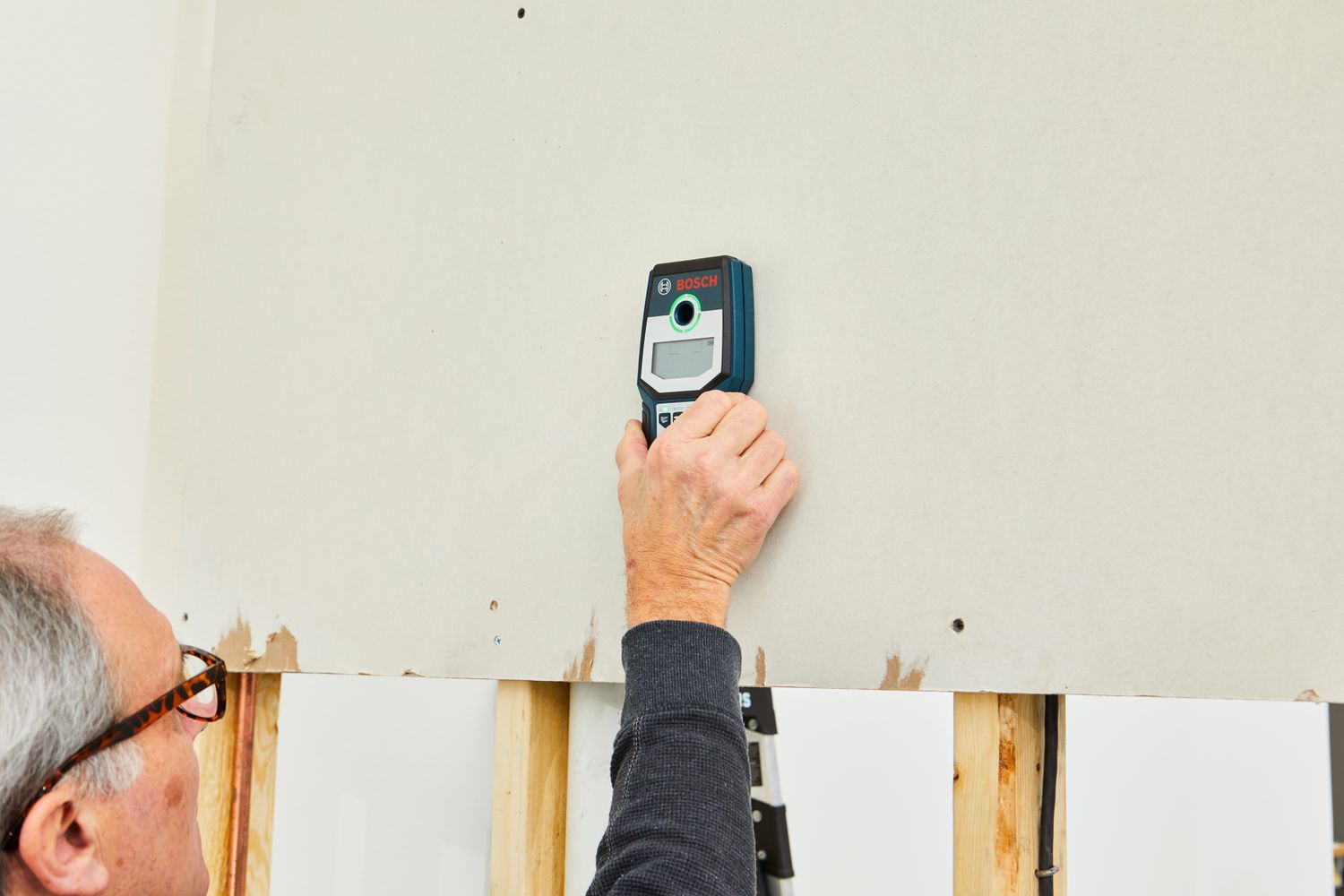
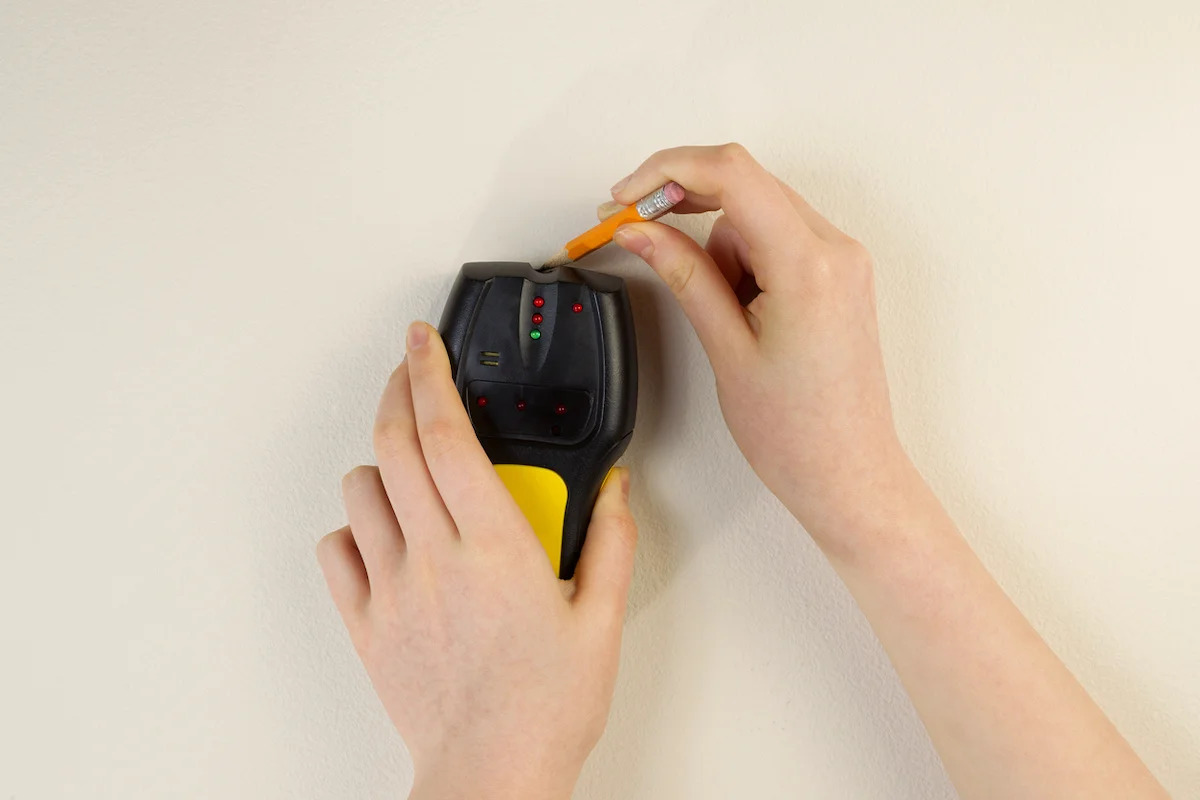
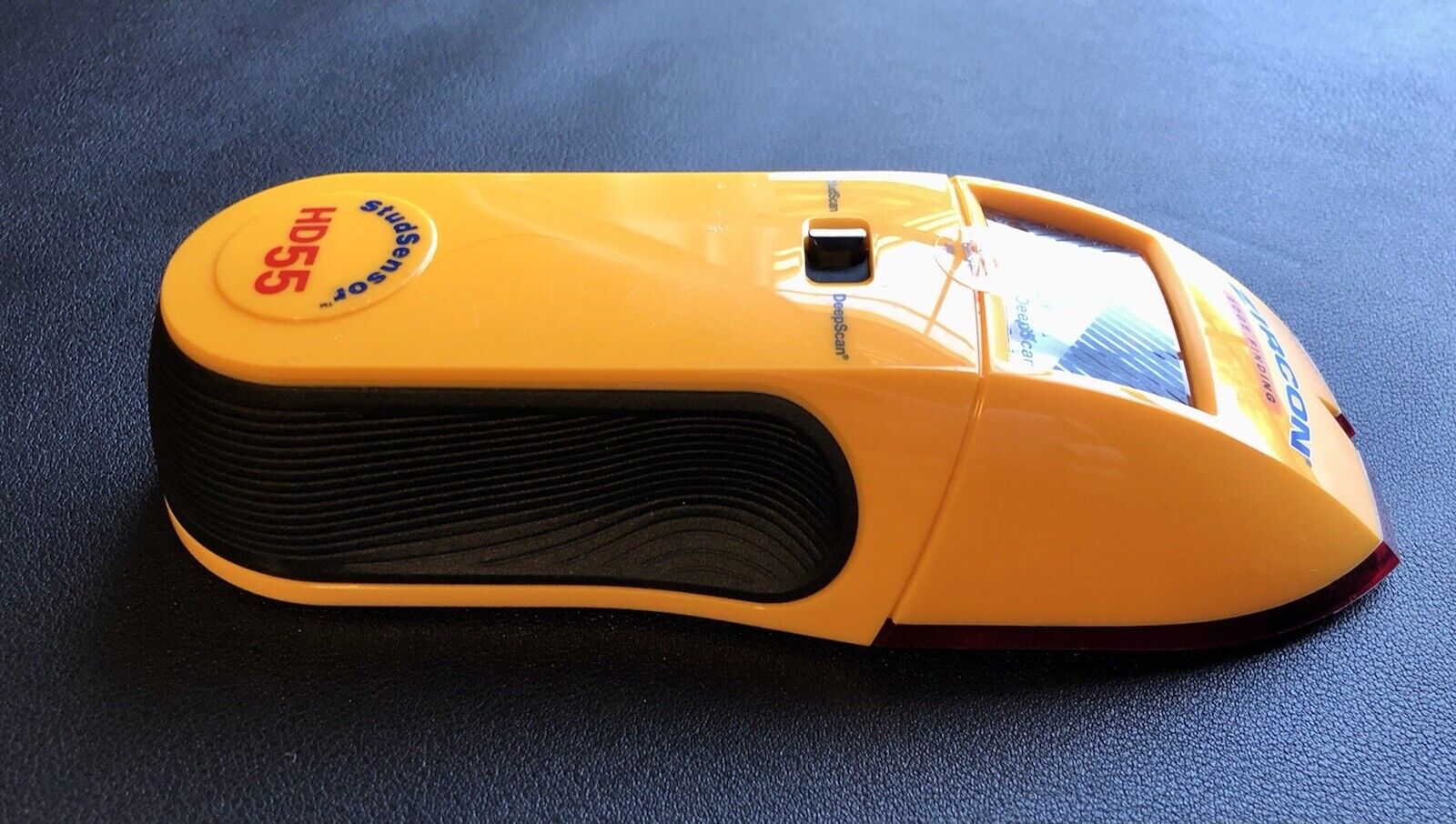
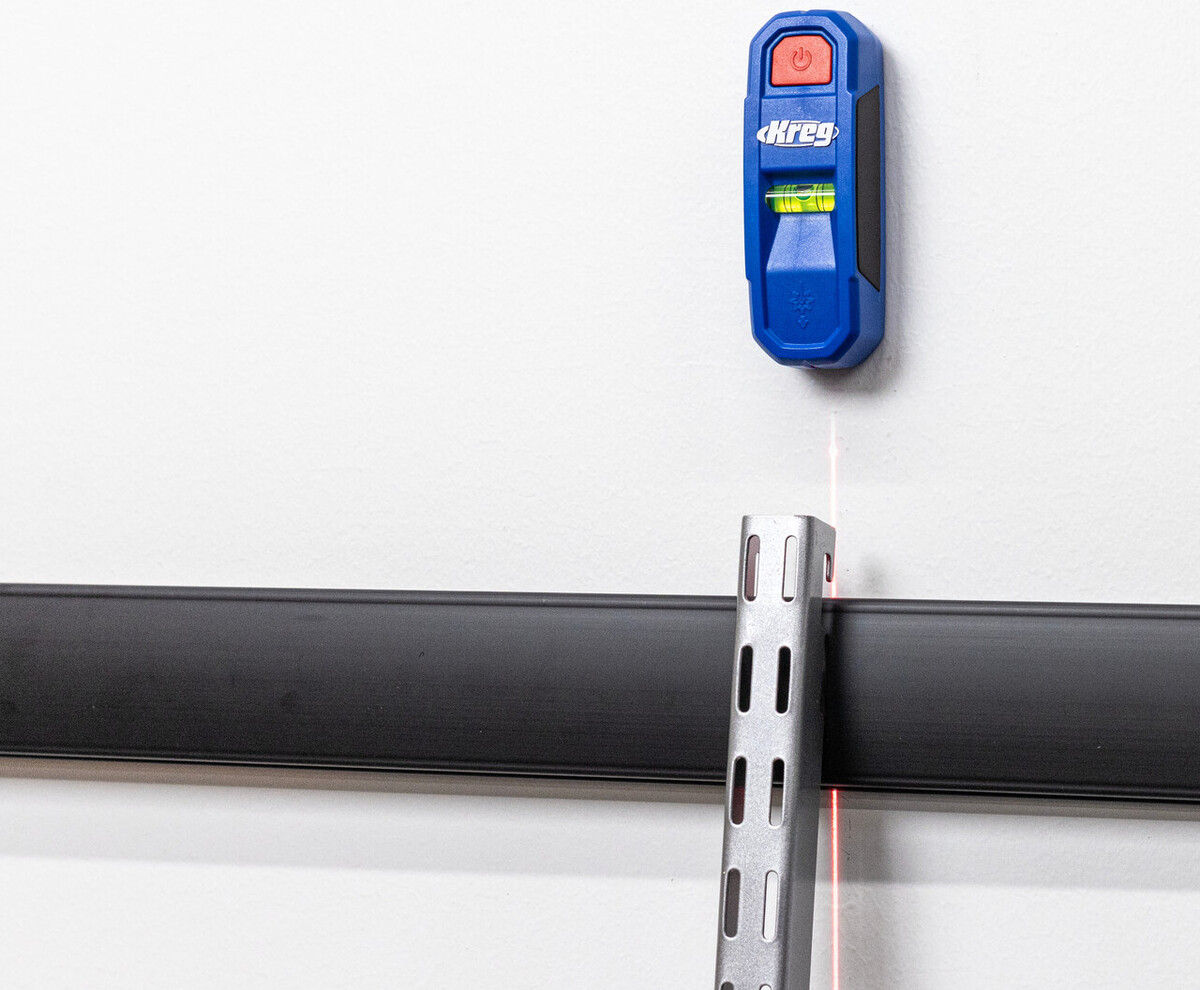
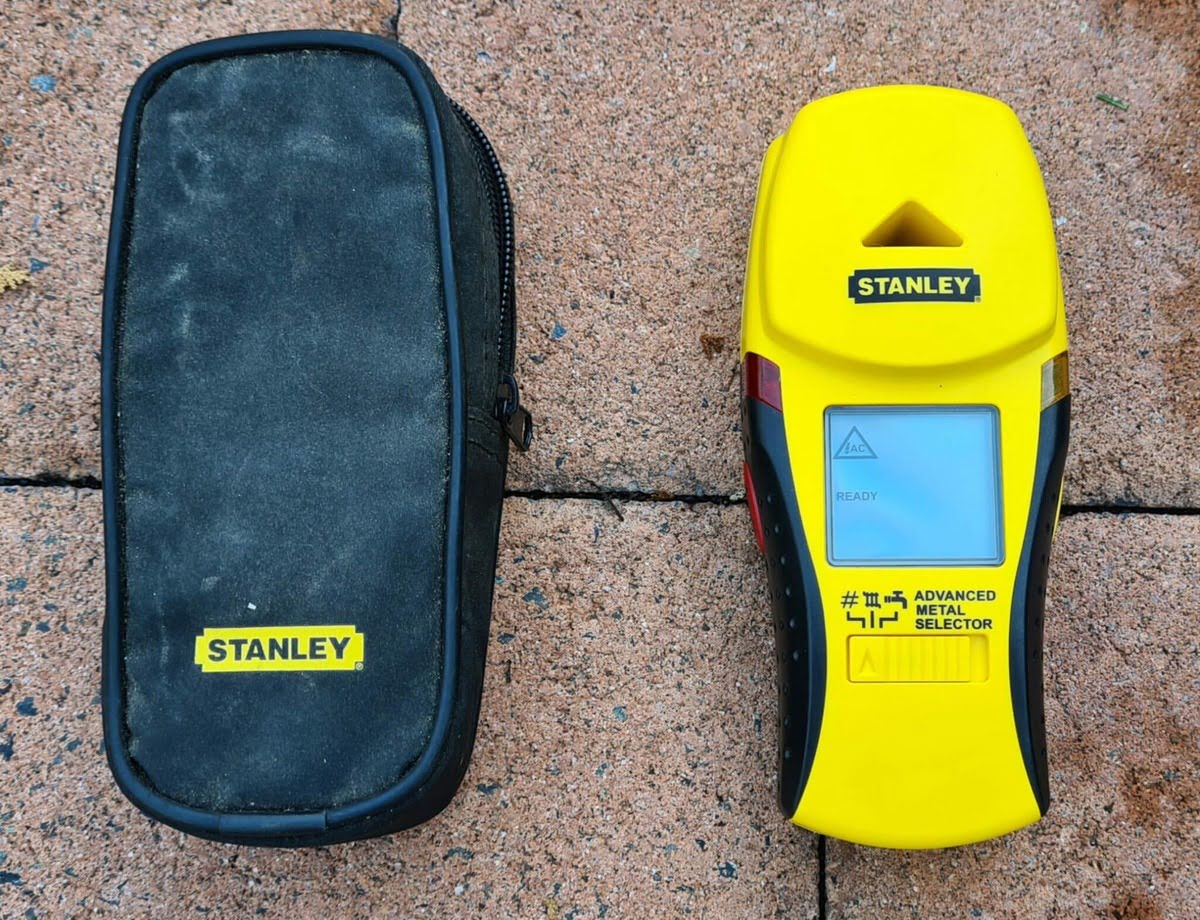

0 thoughts on “Who Makes The Best Stud Finder”